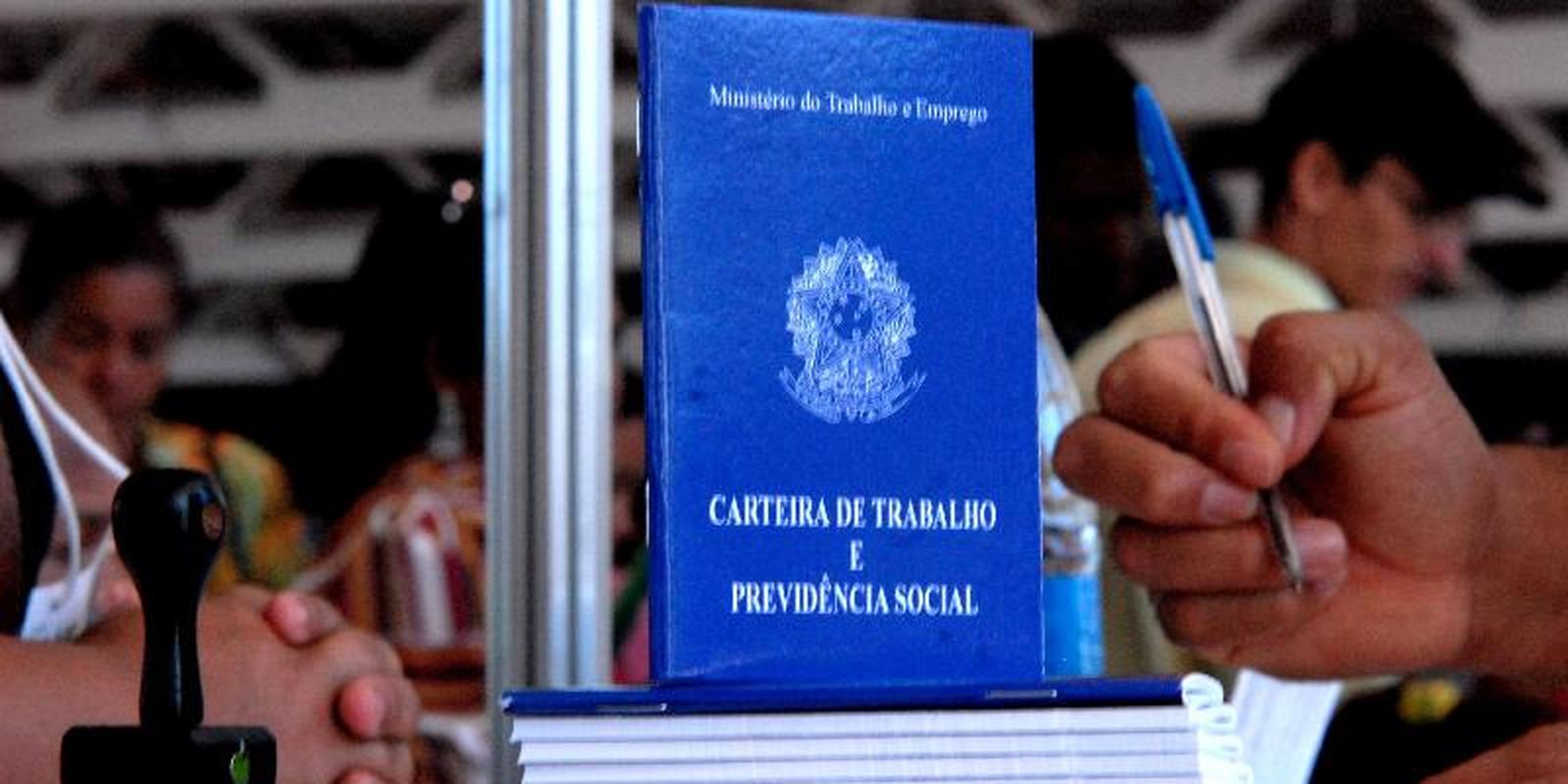Companies with 100 or more employees must complete, by Friday (30), the second Salary Transparency and Remuneration Criteria Report of 2024, as determined by the Equal Pay Law (Law 14.611/2023), which establishes equal pay and remuneration criteria between women and men for carrying out equal work.
The federal government’s objective is to verify whether there are gender pay gaps and to make public the pay reality of workers in companies and policies to encourage hiring and promotion from a gender perspective.
Employers must access the Employ Brazil Portalfrom the Ministry of Labor and Employment (MTE), to enter the report information.
The page contains instructions on how companies should register and their branches, as well as identifying the individuals who will represent the institutions. These representatives must have a login on the federal government’s single digital services portal, Gov.br and must answer five questions in the supplementary questionnaire.
As of last Thursday (22), more than 10.5 thousand companies had filled in the data.
Steps
Based on the information provided, the Ministry of Labor will produce another report, with general data on each enterprise, which will be made available to companies by September 16. There is no possibility of individual data being disclosed to avoid identifying unique situations.
After submitting the document on the country’s salary transparency situation, companies must publish the general data from the report generated in accessible locations, such as websites, social networks or other similar media, by September 30. The disclosure must be broad, aiming to reach their employees, workers and the general public.
If a company fails to ensure the visibility of this information by publishing reports, the MTE will apply an administrative fine corresponding to up to 3% of the payroll, with a ceiling of 100 minimum wages (R$141,200). Other sanctions for salary discrimination and remuneration criteria between men and women may be applied, where applicable.
On September 30, the MTE and the Ministry of Women must release general data from the reports submitted, as was done in the first Salary Transparency and Remuneration Criteria Report of 2024, in March this year.
Wage discrimination
In cases of wage discrimination and inequalities highlighted in the transparency report, the law states that an action plan must be drawn up by the offending company within 90 days of receiving the first notification. Representatives of trade unions are guaranteed by law their participation in the preparation and implementation of the action plan.
If repeated wage inequalities are found within the same CNPJ, the legislation provides that a notice of violation must be drawn up by the labor inspectorate. The company has ten days to present an administrative defense.
Legal entities with 100 or more employees must adopt measures to ensure this equality, including salary transparency, anti-discrimination monitoring, reporting channels, diversity and inclusion programs, and support for the training of women.
First report
In all, 49,587 companies with 100 or more employees on December 31, 2023 provided the information required by the new legislation.
Data from the first salary transparency report, released in March this year, revealed that women earn 19.4% less than men in the same role.
The document showed, for example, that the average salary in Brazil is R$4,472. Non-black men receive R$5,718; non-black women come next, with R$4,452. Black men earn R$3,844 and black women have average salaries of R$3,041.
Women occupy only 38% of leadership positions in the Brazilian job market.
Brazil is not an isolated case of gender pay gaps. The report Women, Business and the Law from the World Bank, published in 2024, indicates the global gender gap.
Complaints
Reports of wage inequality can be made via the website Digital Work Card or on the smartphone application developed by the Ministry of Labor and Employment for Android and iOS systems. First, you must access the Gov.br portal.
To clarify any doubts about the law, the Ministry of Women, in partnership with the Ministry of Labor and Employment, has the FAQ Guide: Law on Equal Pay and Remuneration Criteria for Men and Womenwith information aimed at workers and employers.















